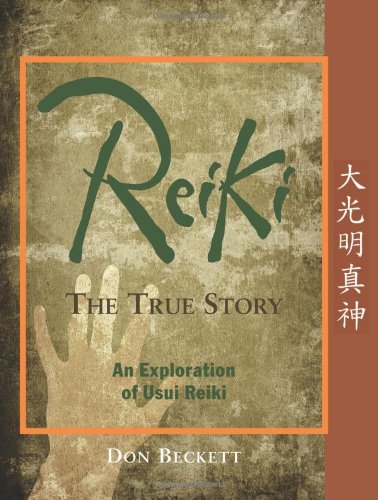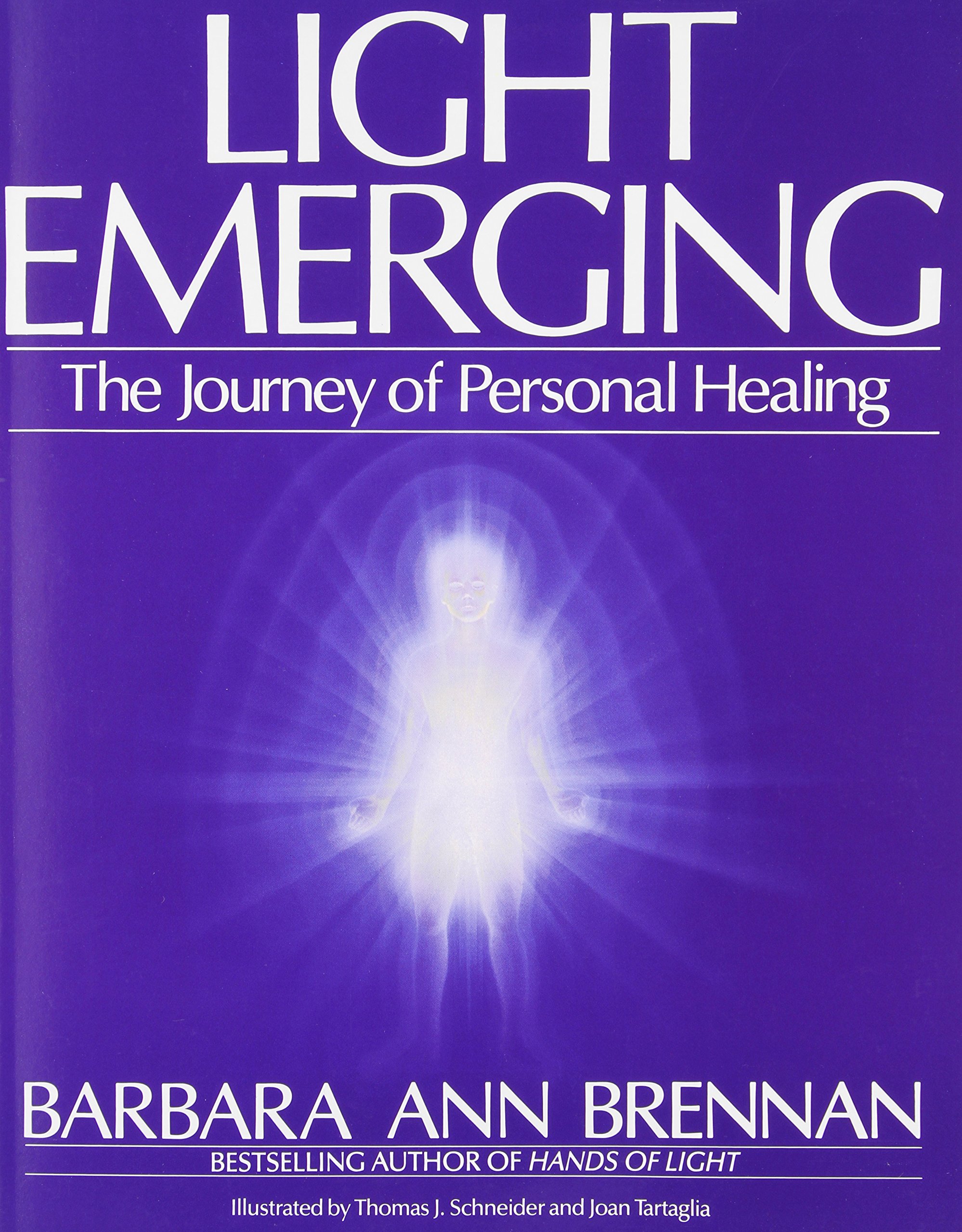Date: Tue Sep 21 2021 00:00:00 GMT+0300 (Eastern European Summer Time)
To learn Reiki, you must first choose a teacher from whom to learn Reiki. While there are books about Reiki, you learn Reiki in person from a Reiki teacher. The title for a Reiki teacher is "Reiki Master".
By David Herron
Many of us who learn about Reiki and energy healing grow interested to learn more. Reiki is easy to learn, easy to get started with, and serves as an easily approachable entry into the broader field of energy healing. You can stay with Reiki itself, or you can branch out to other forms of energy healing over time.
A typical progression is to take Reiki Level 1 and Level 2 training in one weekend. After taking the training, a good next step is to get involved with a Reiki gathering. These usually meet once a week, and are a venue where students can gain practice, and everyone gets more experience with the why's and wherefore's of Reiki. One or more Reiki Masters will be facilitating the Reiki gathering, and will probably be available for guidance as questions arise. The next stage is taking Reiki Master training, where you'll deepen your knowledge of Reiki, learn a couple more symbols, and learn how to teach Reiki classes. As a Reiki Master, the facilitator of the Reiki gathering should ask you to take on a role of responsibility with facilitating the gathering. Eventually you might decide to start seeing clients on your own, and even asking for payment, which might eventually lead to a full-time business offering Reiki services.
It's not required to follow the typical progression which ends with a full-time Reiki business. Everyone has their own choice of which direction to go, their own life choices, goals and needs.
Some articles meant to guide you along that path are:
- Choosing whether or not to become a professional Reiki Healer
- Receiving payment for Reiki, or offering Reiki at no cost
- How to start a Reiki business or Reiki practice
- How to become a Reiki Master
For this article let's focus on the beginning, taking your first Reiki training, and considering why you might or might not want to do this.
Why do you wish to become a Reiki Practitioner?
This is perhaps a little heavy of a question to answer at the outset. You don't know what Reiki is, which means you can't evaluate if it will contribute positively to your life. But it's useful to evaluate as you progress, is Reiki useful to you, does it add something to your life, does it feel like something you authentically should do.
Maybe your goal is purely personal. Learning Reiki gives you a great tool for your self-healing journey, for example. Everything about Reiki's use as a profession, where you have paying clients, a business office, insurance, and all that, may be way more than you need. If so, take the Reiki training, attend the Reiki gathering for as many times as you feel is necessary, and learn to use it in your life.
Don't be ashamed if your goal is purely personal. Many have taken extensive healing training, which might cost tens of thousands of dollars, only to use it solely for personal healing. Don't let this desire for self healing stop you from taking Reiki training, or training with other forms of energy healing. Not all of us are of the right ilk to be offering services to the public.
Take a look at the recommendations for finding a Reiki Practitioner. The role of healing others requires supporting people through all kinds of issues. Do you see yourself as being able to fill that role? If not now, what steps will be required for you to fill that role? While serving as a healer you have to remember that you place yourself in the service of your clients, and during healing sessions it is the clients issues which are primary.
The Teacher you choose can be a good partner in finding your healership. Instead of assistance and guidance in your healing, the Teacher offers assistance and guidance in being a healer. Does the teacher have a history of healing others? Does the teacher understand the healing process? Is the teacher "well healed" themself?
Choosing a Reiki teacher
Choosing a Reiki Master is somewhat similar to choosing a Practitioner. You're looking for someone who is well versed with Reiki, who is an experienced healer and experienced teacher, who is centered and honest and able to guide you to where you need to go.
The teacher should have a good grasp of Reiki, and solid experience in conveying spiritual practices.
You might not understand at the outset where it is you're going with Reiki. Does it seem the teacher is wise enough to handle a variety of possible questions or needs you have?
In most area there are several Reiki teachers available. Take a look at several before choosing, and feel free to take training with multiple teachers.
For myself, I started with one of Mrs. Takata's 22 Masters (Fran Brown) for Reiki Level 1. For further training, I chose other teachers, and ended up taking Reiki Master training with two different teachers.
How much training to take
This is another question that's premature at the outset. How far down the rabbit hole you go is up to you, and you might not understand at the beginning how far you wish to go. As described above, one possible goal is a full time business offering Reiki healing and training services, but there are many other goals as well.
To be a Reiki Teacher means taking training as a Reiki Master, then getting enough experience as a Teacher to be able to hold classes yourself. To take on that role is even more significant than when offering healing services, because the Teacher is in the role of guiding students.
In everything we choose to do there are multiple purposes for taking that action. As you progress through Reiki training it is good to be aware and explore your reasons for learning Reiki.
There are several levels to Reiki, and not all of us are called to teach or to offer Reiki treatment on a professional or semi-pro basis. Maybe your purpose turns out to be for your own self healing, or to assist family members, and that's as far as it goes. Maybe your purpose turns out to meld Reiki with other treatments such as Massage. Maybe your purpose is to explore the world of energy healing, and Reiki is one of the stepping stones to greater understanding. Or maybe your purpose is truly to offer Reiki, and that the Reiki practices are the perfect path for you.
The only way to find out is to start down the path and see where it leads.
Why rush through the Reiki training process?
I distinctly remember at the outset of learning Reiki wanting to get it all right away. My first Reiki teacher, Fran Brown, was one of Mrs. Takata's 22 Masters. This meant she ascribed to a training pattern established by Mrs. Takata. For example, it was required that you take Level 1 training on one weekend, then to wait for six months before taking Level 2 training. Taking Reiki Master training required a $10,000 fee, and a year of training.
At that time the six month delay, and the high fees, seemed outrageous. I wanted it all right then and there.
Looking back I appreciate the time I had to explore and learn at a more leisurely pace. By the time I received my Reiki Master training, a year later, from a different teacher, I was pretty well experienced, had done quite a few healings, and had a fair understanding of healer-client interactions.
It's possible to find weekend trainings where students take Level 1, Level 2, and Reiki Master training all in one weekend. But, is "Mastery" achieved after the 16 hours or so of class time in a weekend? Is a weekend the right length of training time for you?
What does the term Master mean, anyway? The dictionary definition refers to having a high degree of training, knowledge and experience in a field. How does one develop Mastery?
Technically, a Reiki Master denotes those who've learned the process of teaching Reiki, and have been empowered to give Reiki attunements. Learning the mechanics of teaching Reiki classes can be done in a weekend. But does that mean you're well prepared to start teaching on your own? (See also How to become a Reiki Master)
Lord knows, the world is crying out for healing and for more people to take up healing work. If you feel honestly the call to take a fast track to becoming a Reiki Master, by all means go for it. At the same time, the world that's crying out for healing needs healers who are well prepared for the task of healing.
Learning Reiki online, and receiving remote attunements
There are many Reiki teachers who claim to teach Reiki at a distance. There are online courses, such as via Udemy, offering Reiki Level 1, Level 2 and Master training using pre-recorded training videos.
I suppose they are operating under the theory that if Reiki can heal at a distance, then one can send a Reiki attunement at a distance. There is a certain logic to this. On the other hand, consider what you receive from a teacher who is in the same room with you. The main difference is the quality of communication, hence the level of information the teacher can convey to you.
While in the Reiki class, your teacher is going to be communicating ideas and concepts to you. Most importantly the teacher will be demonstrating some things about being a healer, giving you ideas and grounding in the ideas I talked about in choosing a Practitioner. How well will they be able to do that remotely (via telephone, email or chatroom)?
On the other hand you may decide this is the best choice for you. For example there might not be any Reiki teachers near you, or you might find you don't like the ones who live nearby. It's really up to you.
We go over this question in more depth: How to become a Reiki Master
Training yourself for Reiki using self attunement
This is related to taking Reiki training at a distance. We're told that becoming a Reiki practitioner requires taking an attunement procedure from a Reiki Master. But, some claim it is possible to become attuned to Reiki without that training, but through some internal training practice.
For example, Diane Stein in Essential Reiki: A Complete Guide to an Ancient Healing Art describes having essentially attuned herself, though she had some tutoring from several Reiki Masters.
Another example is Mikaomi Usui, the inventor of Reiki, who attuned himself. This came after a long period of intense study and meditation, at the temple on Mt. Kurama. This temple holds lots of materials from Tibetan Buddhism, which Usui used in his meditations.
I don't quite go along with this theory. That is, to properly attune yourself to Reiki with no guidance from a living teacher seems to require quite a lot more something than the typical person has. Further, as I discussed in the remote attunement section, you're likely to miss some quality teaching by getting an self attunement procedure and learning from books.




 Reiki and Healing books, videos, tools
Reiki and Healing books, videos, tools




